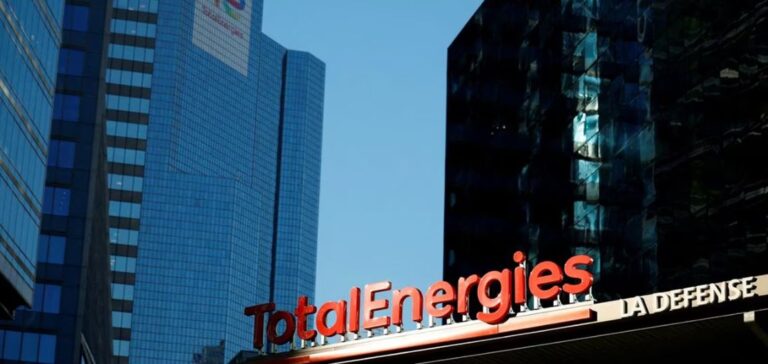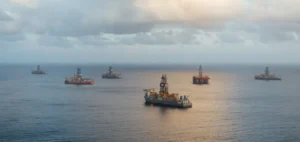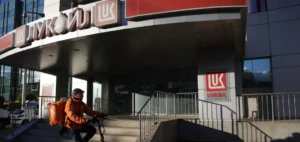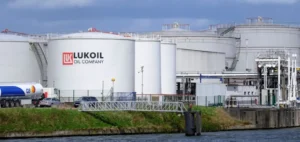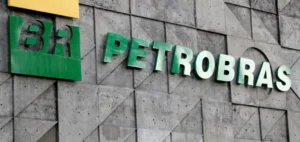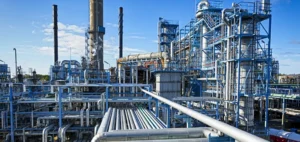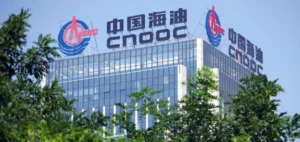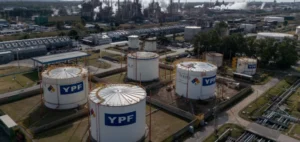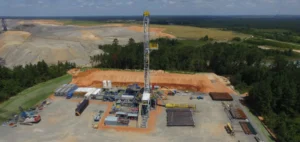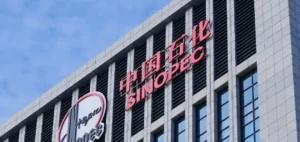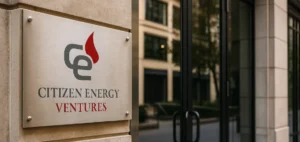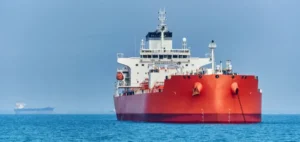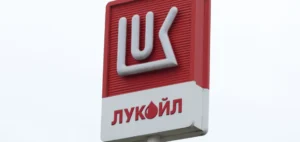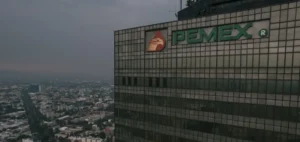Asset manager Union Investment, one of the twenty largest shareholders of TotalEnergies, announced it had excluded the French oil group from its sustainable funds due to concerns over human rights issues related to the East African Crude Oil Pipeline (EACOP) project in Uganda. The announcement was made on May 22, accompanied by a formal request for an independent audit of the social conditions surrounding the project.
Union Investment, which manages approximately EUR50mn ($54.14mn) in TotalEnergies assets within its sustainable portfolios, also confirmed it remains exposed to the company to the tune of $1bn through other financial vehicles. This decision was prompted by a report published by the NGO Just Finance International, documenting more than 40 testimonies reporting forced evictions, violence and extortion in the Kingfisher oil site area, located within the Albertine Basin.
A project under heightened international scrutiny
The EACOP project, with an estimated cost of EUR3.5bn ($3.78bn), is intended to transport crude oil from western Uganda to the Tanzanian port of Tanga on the Indian Ocean. For several years, it has faced sustained criticism, initially focused on environmental risks and more recently on social impacts. In July 2023, the non-governmental organisation Human Rights Watch published a report denouncing inadequate compensation and prolonged delays affecting local communities.
The gradual withdrawal of several Western financial institutions has significantly limited available funding sources. Among them, eleven major European banks, including BNP Paribas, Barclays and Société Générale, have declined to participate in financing the project. This ongoing pressure has weakened the financial structuring of the infrastructure, which remains considered strategic by Ugandan authorities.
Chinese financing gains prominence
In response to Western reluctance, Kampala has turned to Chinese financial institutions. Chinese state-owned insurer China Export & Credit Insurance Corporation (SINOSURE), which specialises in export risk coverage, is among the actors likely to provide financial support for the project. The public bank Industrial and Commercial Bank of China (ICBC) has also been identified as a potential partner.
The Kingfisher project, operated by China National Offshore Oil Corporation (CNOOC), is a central pillar of Uganda’s energy strategy. By investing in oil, the country aims to diversify an economy currently dominated by gold and coffee exports.
TotalEnergies has denied the accusations without providing further comment to date. The evolution of institutional backing for the project remains uncertain, as debates continue in financial markets over its social and environmental implications.


